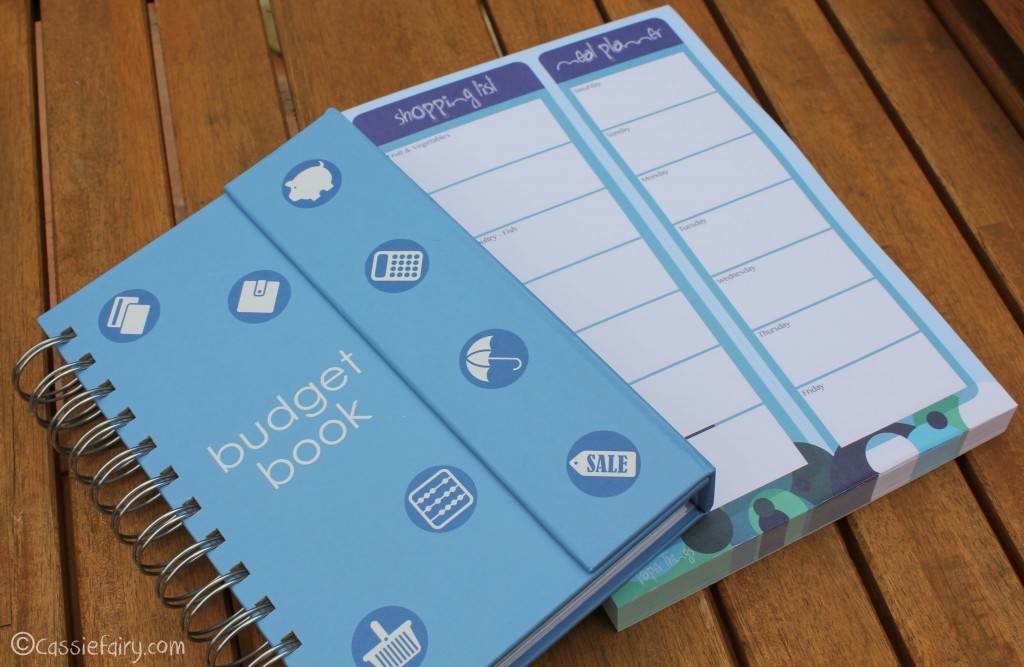Most of us would shudder at the idea of getting a credit report – all your financial misdeeds and mistakes summed up on one damning piece of paper. But sooner or later we all have to face up to our financial past in order to start building a financial future. That’s why a free credit report (http://www.creditexpert.co.uk/free-credit-report.aspx) could be the best (non) investment you’ve ever made.
Your credit report acts sort of like your financial resume. When you go to your bank to ask for a mortgage, a credit card or a personal loan, they need to know if they can trust you to pay the money back. Back in the old days, the bank manager would know everyone in the town and he would make that decision based on instinct, local knowledge, your family background and your current circumstances. Obviously, it doesn’t work like that anymore. Banks are bigger, and more and more people are applying for bigger and bigger loans. In fact, according to a new survey from Mortgage Monitor, the number of high loan-to-value (LTV) borrowers has gone up by 52% compared to last year. So how do banks decide quickly and accurately who they can trust to lend to and who they cannot? They run your credit report.
Every lender has a different set of rules when they look at your credit rating, but most will look at your credit accounts, other credit applications, any bankruptcies in your past, your court judgements and your registration on the local electoral roll.
Based on all of this information, they will come up with a credit score for you. The higher the score, the more likely you are to be offered a good deal on your loan. But a low score can mean your application is denied, or you will only be eligible for short term loans with high interest rates. The difference between a good credit score and a bad credit score can be worth hundreds of pounds every month in interest rates.
So before you get locked into a high interest rate loan due to a bad credit rating, it is worth running your own free credit report to get ahead of the banks. Choose a reputable credit company such as Experian and request a free credit report. This will tell you what your current credit score is, and which areas are dragging you down.
You can then take action to bring your score back up. For instance, if you are not listed on your electoral register, it just takes one phone call to sort this out. Or if your credit score is being affected by an unpaid bill from many years ago, you can settle up now and have it removed from your record.
If you can walk into your bank knowing that you have a great credit score, your loan application will be relatively stress free and you will be in a better position to negotiate a cheaper interest rate. It’s not often you get something for nothing, but a free credit report could end up saving you pots of money, with minimal effort.
This article is a sponsored collaboration. The pink links in the content indicate a sponsored link or information source. The blog post reflects my own experience and the sponsor hasn’t had any control over my content 🙂























